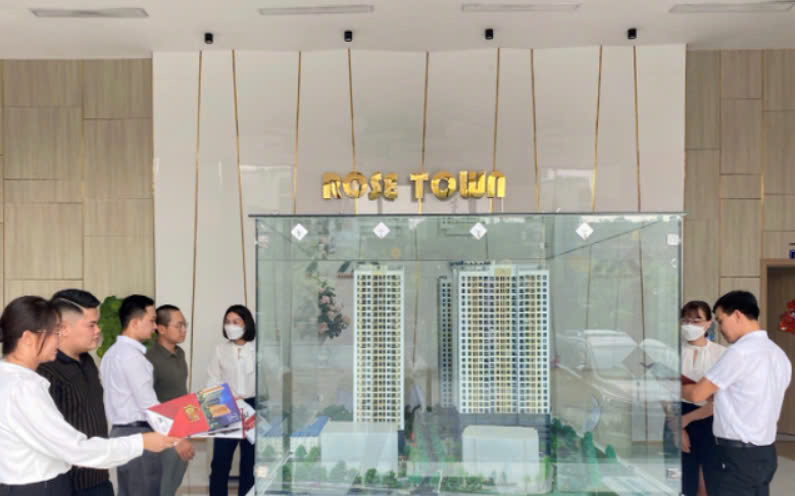The housing segment continues to hold its position as one of the hot spots in Vietnam's real estate market, especially in the context of a gradually recovering economy and rising demand for housing. Despite being affected by economic fluctuations, inflation, and interest rate policies, the housing market still shows strong appeal, attracting not only homebuyers but also investors seeking profitable opportunities.

According to a report from the Ministry of Construction, in the first eight months of 2024, the demand for housing in major cities like Hanoi and Ho Chi Minh City continued to grow robustly, with impressive growth in both demand and transaction volume. Specifically, in Ho Chi Minh City, the total number of successfully traded apartments reached over 14,000, a 20% increase compared to the same period last year. Hanoi also witnessed nearly 10,000 transactions, reflecting the market's recovery after being affected by the pandemic and credit control policies.
One of the main reasons driving housing demand is the increase in urban population and the growing middle class, as more people seek residences in city centers or suburban areas with developed infrastructure. Reports from the General Statistics Office indicate that the population of Ho Chi Minh City surpassed 10 million in 2024, while Hanoi's population exceeded 8.5 million, putting significant pressure on the housing supply in these two cities.
Additionally, government support policies for homebuyers and preferential loan packages from banks have also contributed to the growth of this segment. In the first half of 2024, the State Bank of Vietnam implemented a low-interest credit package for first-time homebuyers, with interest rates ranging from 4-5% per year, making it easier for many young families with average incomes to access financing for homeownership.
In terms of supply, the market is witnessing positive adjustments, with strong participation from reputable investors. According to a report from CBRE Vietnam, in the first nine months of 2024, Hanoi and Ho Chi Minh City launched over 40,000 new apartments from various projects, with the mid-range and high-end segments making up a significant share. These projects not only meet quality of life demands but are also integrated with modern amenities, aimed at creating green and smart urban areas, thus improving the living environment for residents.
However, challenges regarding land supply and rising construction costs have led to continuous increases in housing prices in the two major cities. Specifically, the average price of an apartment in Hanoi has risen to about 45 million VND/m², while in Ho Chi Minh City, this figure ranges from 60 to 75 million VND/m² depending on the location and amenities of the project. This makes homeownership increasingly difficult for low- and middle-income earners, despite ongoing support policies.
In this context, investors still view the housing segment as a safe and promising long-term investment channel, thanks to its stability and potential for property value appreciation over time. Many experts forecast that the housing market will continue to maintain its growth momentum in the coming years, especially as transportation infrastructure development policies are strengthened, opening up many opportunities for the development of new urban areas.
In conclusion, the housing segment is not only a crucial part of the economic development strategy of major cities but also reflects the residential needs of the Vietnamese people. With both supply and demand at high levels, the housing market remains a hot spot in the near future, attracting the attention of both homebuyers and investors. However, to ensure sustainable development, support and management policies need to be improved and adjusted in a timely manner to balance supply, demand, and housing prices.
Hotline
Hotline